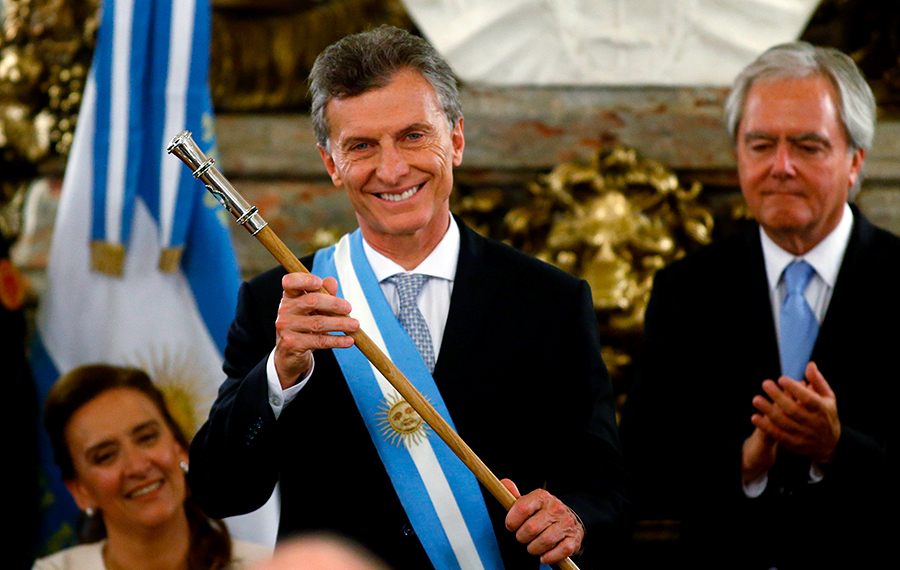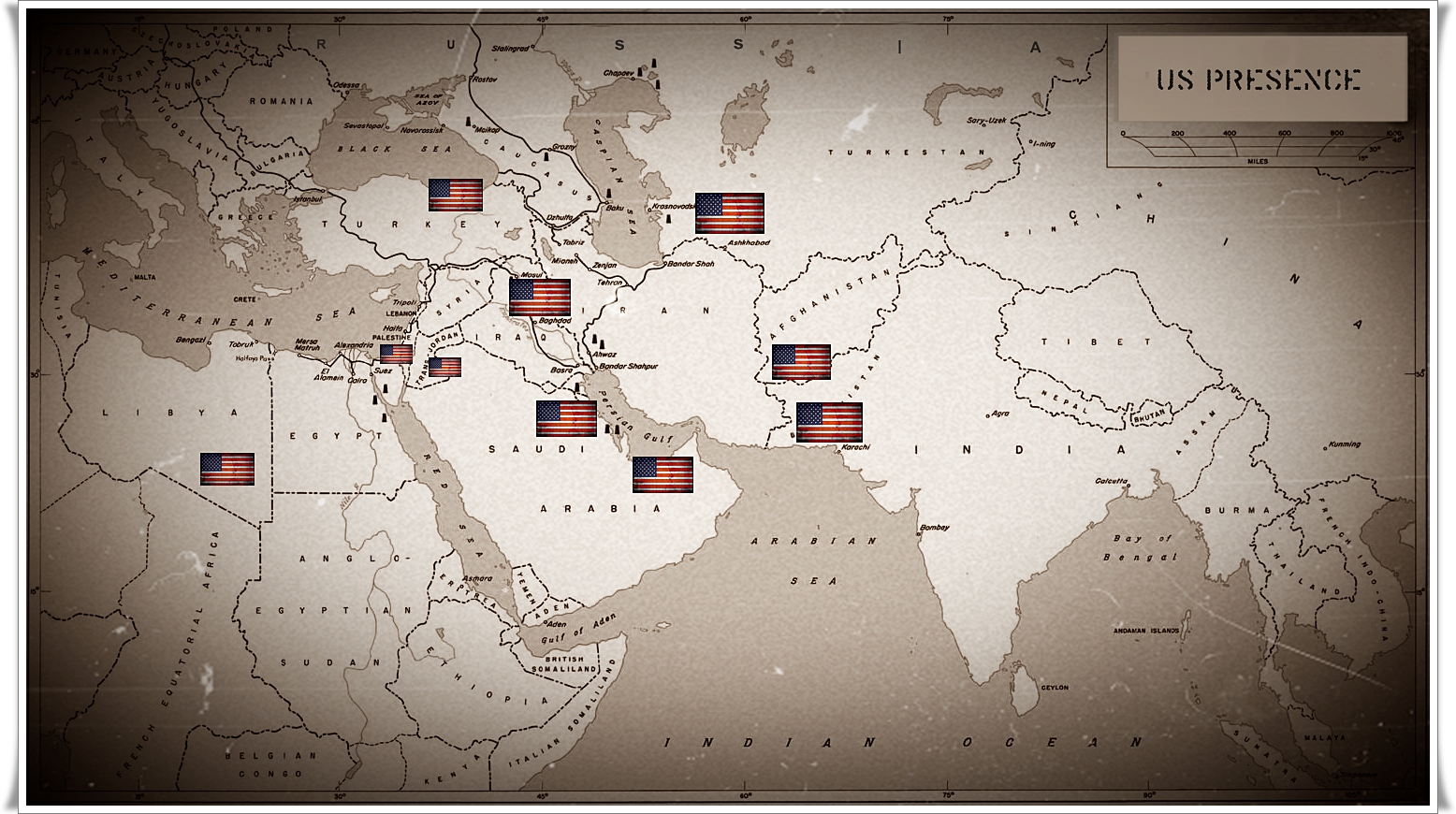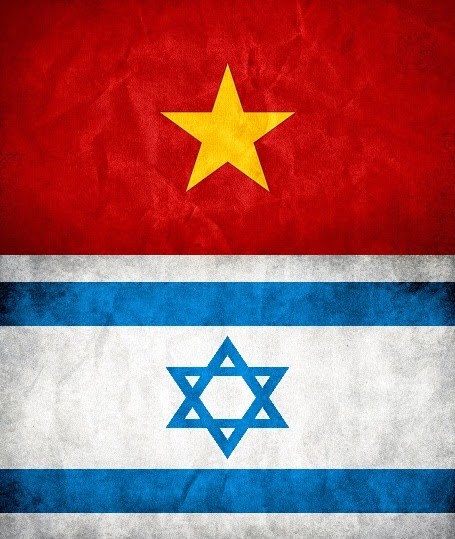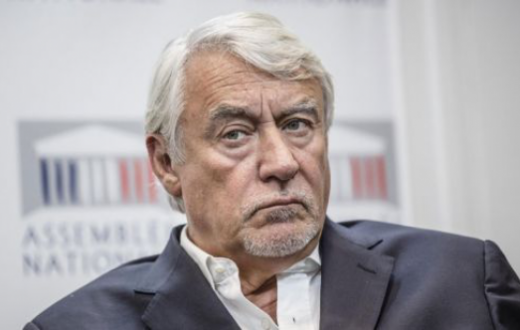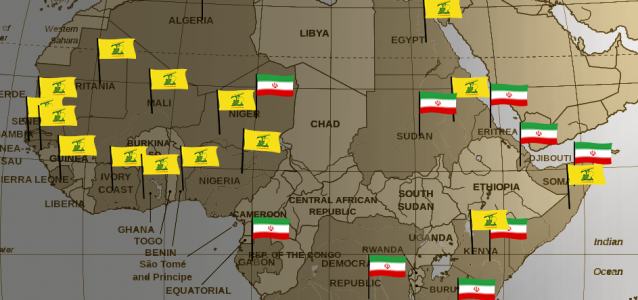The New Year fireworks in Argentina have marked not only the end of the calendar year 2015, but definitely also the end of the long standing left government in the country. December 2015 has been considered a crucial transitional period in Argentina, worth mentioning that this transition was rather an unexpected one. The elections in the country have put an end to Cristina Kirchner’s mandate, as the head of her beloved Patria, and have given the Presidential power over to his opponent, Mauricio Macri.
The centered-right candidate is to be congratulated for the taking over the next office term to some broad extent thank to his foreign policies’ promises. Mauricio Macri has expressed his will to follow his preceding’s line of foreign policy to the exact opposite direction! As such, Argentina’s current President has pivoted 360º in the international scenario aiming to cut certain ties for which Kirchner had worked hard during her carrier, and has rather decided to create very new ones.
Macri, already since he launched his political campaign as a running candidate for the elections, had clearly established what he saw as the next foreign policy to be for the good of his country:
- Emphasis on the multilateral relations: Argentina aims for a solid participation in international institutions such as Mercosur, UNASUR, CELAC, OAS and the U.N.
- Build-up of a closer relation with the United States and Europe through Mercosur, as a way of opening up the opportunities to grow and enhance its current economic situation.
- Focus on deepening Argentina’s trade relationships with its neighboring countries. At the regional level, the link with Brazil remains crucial to Argentina. On a different note, Macri had expressed tension towards Venezuela and a will to distant itself from Maduro, as opposed to Kirchner.
- The annulation of the Memorandum of Understanding (MoU) with Iran, which had been signed in the past (2013) by Cristina Kirchner. Macri expressed unacceptance towards the Iranian involvement in the AMIA case and the relations developed by the former government. Indeed, Macri promised to put his efforts in halting inroads that Iran was making in Latin America.
- Consequently, Macri has already made the first steps of approaching the Jewish State when during the Davos conference he met with Binyamin Netanyahu and accorded to strengthen its relations with Israel. The main subjects of mutual interest between the two countries are technology, security (especially since Argentina declared a state of security emergency a few months ago), defense and alimentation.
Rightly, Macri has proved to be a loyal believer of his newly designed moves. Indeed, within these moves, the surprising pivoting towards the big United States is to be highlighted. While the other surprising step to focus on has been the approach towards the little Israel.
As of now, Israel is experiencing the emergence of a possible new partner in the international arena. The phenomenon taking place in Israel’s traditionally “far friend” Argentina will require a steady decision on how to react next and how to adapt to the changing nature of the relationship between the two countries. The question will be: whether Macri’s promises and aims manage to survive in the long-term? And, whether or not he will be able to drag in the public opinion to his favor in the subject?
One thing is certain: Israel could definitely use this new friend and has expressed high sympathy towards it, especially being Argentina home to such a big Jewish community (estimated between 200,000-250,000 people), and having this community historically experienced very harsh moments (i.e. the AMIA terror attacks in 1994, leaving 85 dead and hundreds of wounded people).

